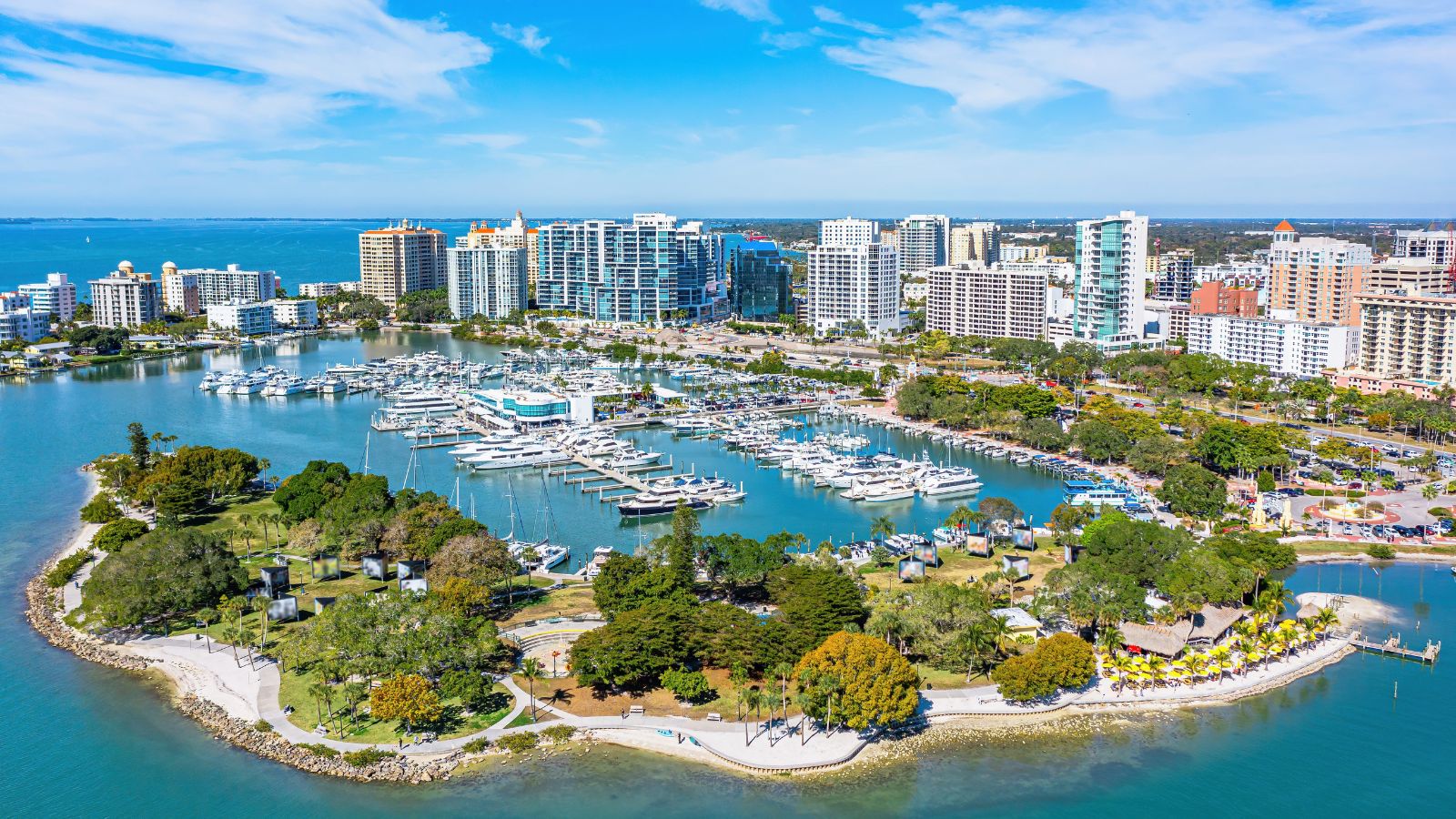The right to keep and bear arms is a cornerstone of American law, but even in states where gun ownership is common, the government can legally take firearms under certain conditions. These laws often aim to prevent violence, but they’ve sparked debates about individual rights. Here’s a breakdown of 17 states where firearm seizure is allowed and the circumstances that make it possible.
California

California has some of the strictest gun laws in the country. Courts can issue a Gun Violence Restraining Order (GVRO) if someone is deemed a risk to themselves or others. Family members, roommates, or law enforcement can request this order. Once approved, firearms are seized, and the individual must wait for a court review to determine whether the guns can be returned.
New York

In New York, the government can seize firearms if someone violates state laws or is found to pose a threat to public safety. The state also uses extreme risk protection orders, similar to GVROs, to temporarily remove firearms from people at risk of causing harm.
Opponents worry these laws may be overused or misapplied, while advocates believe they’re an essential tool for reducing gun violence in densely populated areas.
Illinois

Illinois has implemented a red flag law that allows law enforcement or family members to request the temporary removal of firearms from individuals who are considered dangerous. Judges review the evidence before approving a seizure. While supporters highlight its role in preventing domestic violence and mass shootings, critics say the law can be exploited by false claims, potentially stripping people of their rights unfairly.
Florida

After the Parkland school shooting in 2018, Florida passed a red flag law enabling authorities to seize firearms from individuals who may harm themselves or others. Law enforcement must present evidence to a judge, who then decides whether to grant the order.
Many credit this law with stopping potential threats, but others say it infringes on constitutional rights and lacks due process.
Colorado

Firearm laws in Colorado changed significantly with the introduction of its red flag law in 2019.
Under this law, family members or law enforcement can request a court order to temporarily remove firearms from someone considered a risk to themselves or others. Judges must assess the evidence before making a decision, ensuring the process isn’t automatic.
Those who support this move often point to cases where potential threats were stopped as proof of the law’s effectiveness. On the other hand, some argue that it opens the door for misuse, especially in cases where disputes or misunderstandings lead to unfounded accusations.
Connecticut

In the late 1990s, Connecticut became the first state to pass a red flag law, setting a precedent for others to follow. This law allows law enforcement to request a warrant to seize firearms from individuals they believe are a danger. Police must present evidence to a judge, who then determines whether the firearms should be temporarily confiscated.
Many credit this early adoption with preventing potential tragedies, but some believe that the process may lack sufficient checks, leaving gun owners vulnerable to overreach by authorities.
Washington

Washington state has embraced stricter measures to address gun violence. Its extreme risk protection orders (ERPOs) allow police, family members, or even roommates to petition courts to temporarily take firearms from someone who appears to be a danger. This process involves presenting clear evidence to justify the action.
Oregon

Oregon’s red flag law gives law enforcement and family members the ability to act when they believe someone poses a significant threat. Once a petition is filed, a judge reviews the evidence to decide if firearm seizure is warranted.
Advocates often cite the importance of this law in addressing urgent safety concerns. Still, opponents raise concerns about its fairness, arguing that it places the burden of proof on gun owners to demonstrate they aren’t a danger after their firearms have been taken.
Maryland

In Maryland, the Firearms Safety Act includes provisions for red flag laws aimed at reducing the risk of gun violence. Known as extreme risk protective orders, these measures allow law enforcement and close relatives to request the temporary removal of firearms from someone showing signs of dangerous behavior.
Judges must carefully review the evidence before issuing such orders.
Massachusetts

Massachusetts has strict gun laws, including a framework for firearm seizure through red flag orders. If someone is believed to be a threat, law enforcement or family members can file a petition to have their firearms temporarily confiscated. A judge evaluates the situation to determine if the order is necessary.
Supporters of the law say it gives families and police a critical tool to prevent tragedies before they happen but those against it fear it could be misused, particularly in contentious family disputes, leading to unfair treatment of responsible gun owners.
New Jersey

Gun laws in New Jersey are among the strictest in the nation, with a focus on preventing firearms from being misused. Courts can issue extreme risk protection orders, allowing law enforcement to temporarily seize firearms from someone considered a threat. These orders require evidence, often from family or close associates, before they are approved.
Indiana

Indiana’s firearm seizure law, known as the “Jake Laird Law,” was introduced after a tragic shooting involving a mentally ill individual. This law allows police to confiscate firearms from someone they believe poses an immediate threat, even without a court order in the moment. Authorities must later present their case to a judge to justify the seizure.
Supporters see this as a practical solution for urgent situations, while opponents argue the initial lack of judicial oversight could lead to wrongful confiscations, especially in emotionally charged scenarios.
Virginia

In Virginia, firearm seizure laws were expanded with the passage of a red flag law in 2020. This allows law enforcement or family members to petition a court for a temporary removal of firearms from someone displaying signs of dangerous behavior.
Hawaii

Hawaii’s strict gun laws include provisions for removing firearms from individuals who are considered a danger to themselves or others. Law enforcement and medical professionals can initiate the process by presenting evidence to a court. The state’s low rates of gun violence are often cited as a success of its regulations, but some Americans believe that such laws can be overly restrictive.
Minnesota

Red flag laws in Minnesota allow law enforcement and family members to request a court order to temporarily remove firearms from someone deemed a risk. This process requires detailed evidence, which judges review before issuing an order. Many see this as a tool for addressing urgent safety issues, particularly in cases of mental health crises.
Rhode Island

In Rhode Island, extreme risk protection orders are used to temporarily remove firearms from individuals who show signs of being a danger. Law enforcement can file a petition with evidence to justify the seizure.
Advocates of the law point to its potential to prevent domestic violence and mass shootings, while detractors say it could be abused to target individuals unfairly. Questions about how well these laws balance safety and individual rights continue to shape the discussion.
Delaware

Delaware’s firearm seizure laws were strengthened with the adoption of red flag measures. These allow family members and police to ask courts to temporarily confiscate guns from individuals who pose a potential threat. As in many other states, the court must examine all presented evidence before making a decision.
Supporters say the law provides a safety net in cases of escalating violence, but opponents caution that it may be used improperly, leaving law-abiding gun owners vulnerable to false accusations or legal battles.
